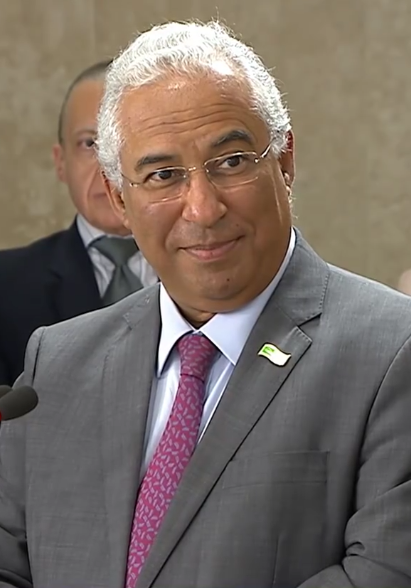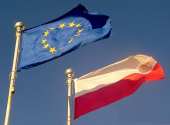
On November 7th, Prime Minister António Costa announced his resignation, a move accepted by President Marcelo Rebelo de Sousa. Addressing the nation from São Bento in Lisbon, Costa
clarified that he would not participate in any future general elections.
Costa stated, "No, I'm not going to run again for the position of Prime Minister, let that be very clear. It's clear that this is a stage of life that has ended, moreover, because as we all know, criminal cases are rarely quick processes, and therefore, I would certainly not be waiting for the conclusion of the criminal process to reach its conclusion."
Expressing pride in his service to the justice sector in various capacities, Costa emphasized his commitment to collaboration with the ongoing investigation. He acknowledged the suspicion's incompatibility with the Prime Minister's functions concerning integrity and potential criminal acts.
The Public Ministry has launched an independent investigation into Costa based on an inquiry initiated by the Supreme Court of Justice. The inquiry is linked to the lithium and green hydrogen sectors. Costa's chief of staff, Vítor Escária, close adviser Diogo Lacerda Machado, Mayor of Sines Nuno Mascarenhas, and executives Afonso Salema and Rui Oliveira Neves were reportedly detained for questioning.
Legal experts suggest President Marcelo Rebelo de Sousa has two options: choosing a new government or dissolving parliament. In the event of parliament dissolution, early elections would be the next step. Another option is asking the Socialist Party (PS), the most voted party, if they wish to appoint a new prime minister. Photo by TVNBR, Wikimedia commons.



































